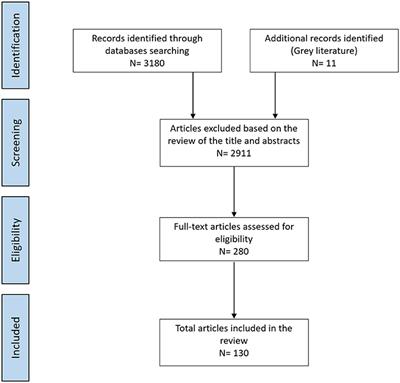Revolutionizing Healthcare Landscape: Advanced Health Technologies
The rapid evolution of healthcare is propelled by advanced health technologies, reshaping the landscape of patient care and medical practices. This article explores the transformative impact of cutting-edge technologies that are revolutionizing healthcare delivery and contributing to a more efficient and patient-centric system.
AI and Machine Learning in Diagnostics and Treatment
At the forefront of advanced health technologies, artificial intelligence (AI) and machine learning are transforming diagnostics and treatment. These technologies analyze vast datasets, enabling quicker and more accurate diagnosis of medical conditions. Machine learning algorithms enhance treatment plans by learning from patient data, offering personalized and adaptive approaches to care.
Telemedicine’s Rise and Enhanced Remote Care
The rise of telemedicine is a notable aspect of advanced health technologies, providing enhanced remote care options. Telehealth platforms facilitate virtual consultations, remote monitoring, and real-time communication between patients and healthcare providers. This not only improves accessibility to healthcare services but also reduces the need for in-person visits, making care more convenient and flexible.
IoT and Wearable Health Devices for Continuous Monitoring
The Internet of Things (IoT) has paved the way for advanced health technologies through wearable devices for continuous monitoring. From smartwatches to fitness trackers, these devices collect real-time health data, allowing individuals and healthcare professionals to track vital signs, activity levels, and other relevant metrics. Continuous monitoring contributes to early detection and proactive management of health conditions.
Precision Medicine Tailoring Treatments to Individuals
Precision medicine is a groundbreaking paradigm in healthcare, made possible by advanced health technologies. This approach tailors medical treatments to the individual characteristics of each patient, considering factors like genetics, lifestyle, and environment. Precision medicine aims to maximize treatment effectiveness while minimizing side effects, ushering in a new era of personalized healthcare.
3D Printing in Healthcare for Custom Solutions
Advanced health technologies include 3D printing, offering custom solutions in healthcare. This innovation allows for the creation of patient-specific implants, prosthetics, and even organs. The ability to 3D print medical components tailored to individual needs enhances treatment outcomes, reduces costs, and opens new possibilities in medical interventions.
Robotics and Automation in Surgical Procedures
The integration of robotics and automation in surgical procedures is revolutionizing the precision and efficiency of surgeries. Surgical robots assist surgeons in performing intricate procedures with enhanced precision and reduced invasiveness. This advanced technology enables minimally invasive surgeries, shorter recovery times, and improved patient outcomes.
Blockchain for Secure Health Data Management
Blockchain technology is making strides in secure health data management, ensuring the integrity and confidentiality of medical records. By providing a decentralized and tamper-resistant system, blockchain enhances data security and interoperability. Patients can have greater control over their health data, and healthcare providers can access accurate and up-to-date information for informed decision-making.
Augmented Reality (AR) and Virtual Reality (VR) Applications
Advanced health technologies incorporate augmented reality (AR) and virtual reality (VR) applications, offering immersive experiences for both patients and healthcare professionals. AR enhances medical training and surgical planning, while VR provides therapeutic interventions for mental health, pain management, and rehabilitation. These technologies contribute to improved training, patient engagement, and overall healthcare experiences.
Data Analytics for Predictive Healthcare Insights
Data analytics plays a vital role in advanced health technologies, providing predictive insights for proactive healthcare management. Analyzing large datasets helps identify patterns, predict disease trends, and optimize resource allocation. Predictive analytics enable healthcare providers to intervene earlier, prevent complications, and deliver more effective care.
Linking Vision to Reality: Explore Ongoing Innovations
To explore ongoing innovations in advanced health technologies and their transformative impact, visit GreenCitizens.net. This platform serves as a hub for individuals and organizations committed to advancing health innovation, sharing insights, and collectively contributing to a more advanced and patient-centric healthcare future.




